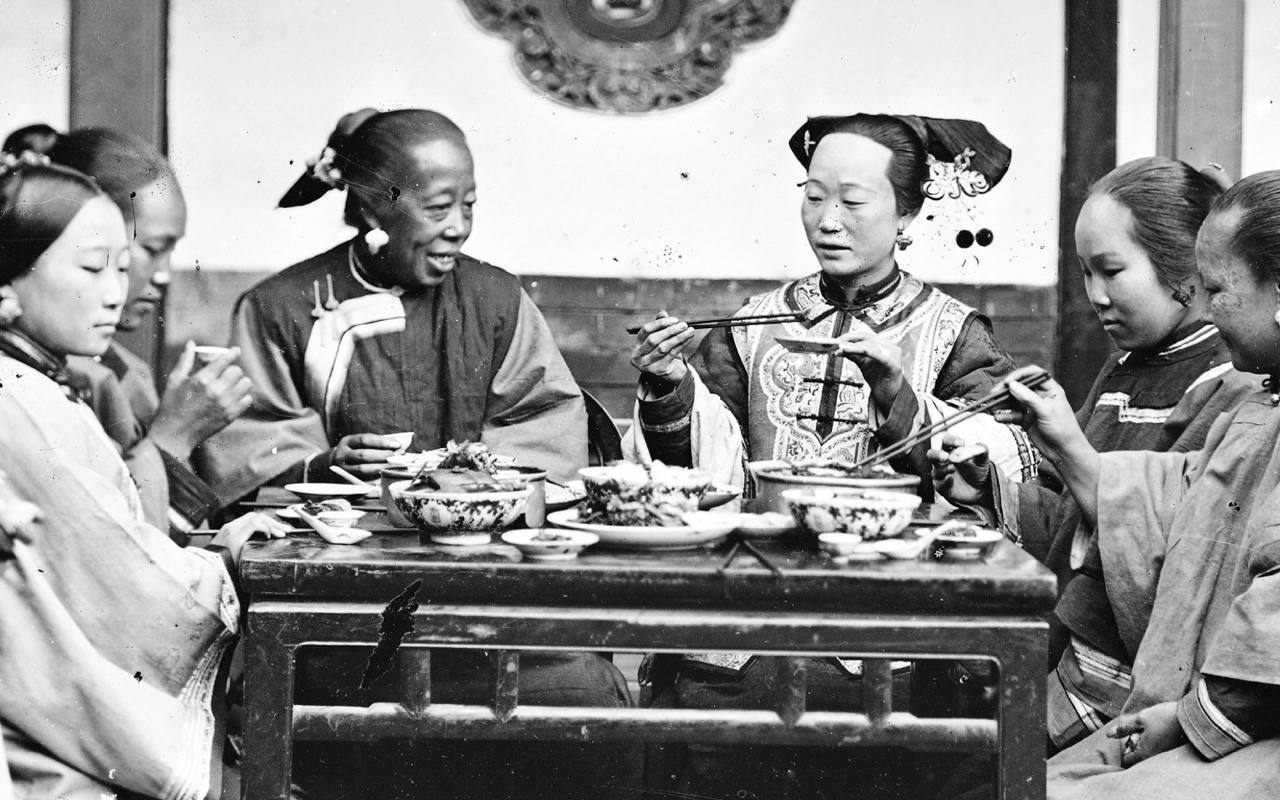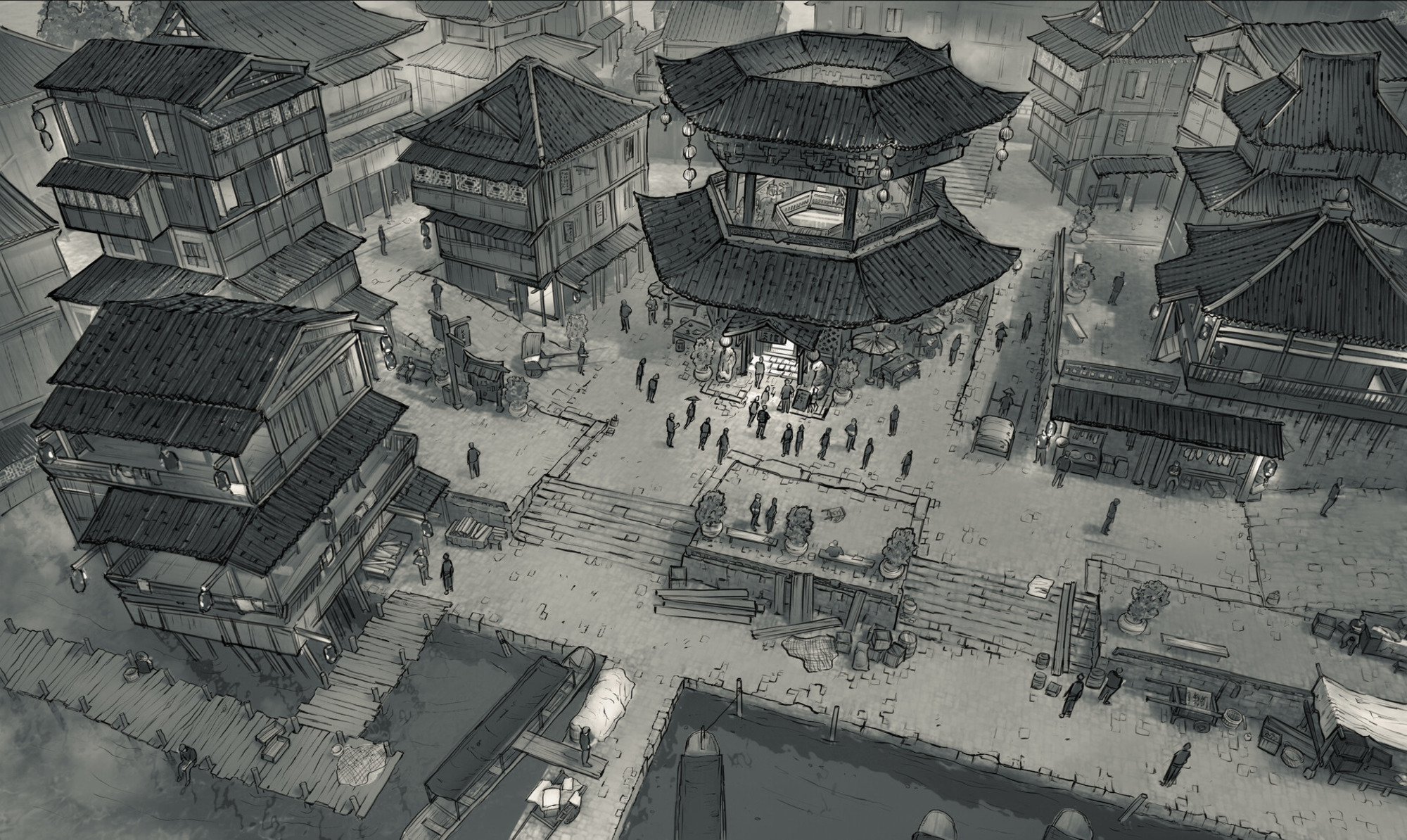Is your last name spelled Go, Ng, Ung or Woo? If so, there’s a good chance that the original Chinese surname of your ancestors is 吴, pronounced Wu in Mandarin.
Wu is a common surname in China, and many communities worldwide in places like Malaysia, Indonesia, Korea and Singapore also share the same surname.
The roots of the Wu family stretch far and wide. Most Wu descendants can trace their ancestry back to bloodlines of government officials who lived and ruled during the Spring and Autumn Period (770 to 476 BC, or the first half of the Eastern Zhou period).
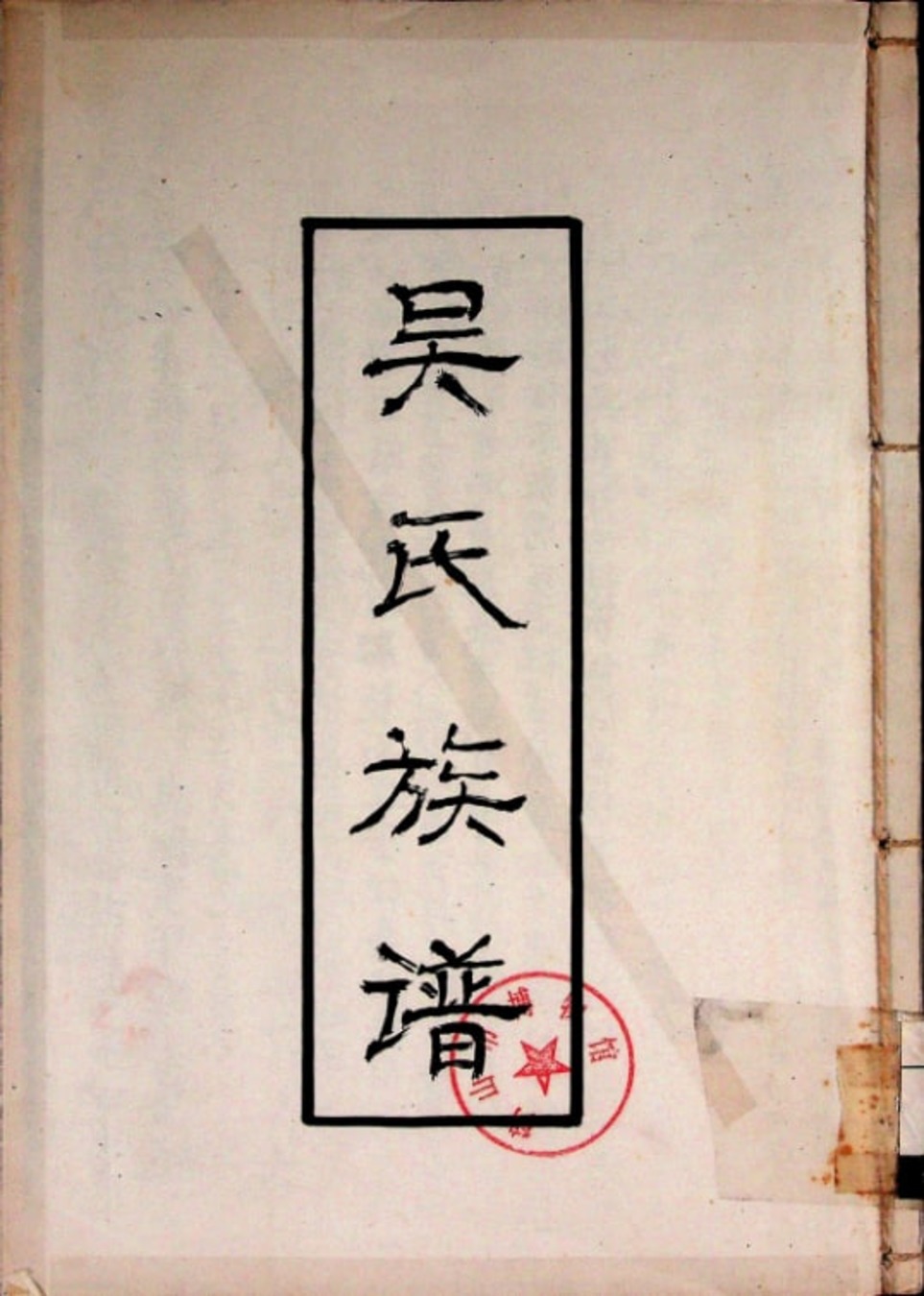
Looking for your Wu family history book?
What are the origins of Wu?
Many believe that the surname Wu originated from the state of Wu which we now know to be the present-day province of Jiangsu.
During the 13th century BC, the state of Zhou was under the reign of King Tai of Zhou (周太王) whose surname was originally Ji (姬). King Tai of Zhou had three sons but he intended for the youngest son, Jili, to inherit the throne. Seeing that they would have no chance at imperial power, the king’s two elder sons Taibo and Zhongyang left Zhou and relocated southeast where they established the state of Wu. Their descendants eventually adopted Wu (吴) as their surname.
The state of Wu was a powerful nation. Taibo and Zhongyang established its first capital at Meili (梅里), which many now believe to be Meicun in present-day Wuxi. Wu was a close ally for the state of Jin, and both territories worked together to defend against and weaken the state of Chu, a powerful hegemon notorious for oppressing neighboring states at the time. One of the most famous rulers of Wu was King Helü who is considered to be one of the ‘Five Hegemons of China’ during the Spring and Autumn period (770 to 476 BCE). He boasted an unwavering streak of military victories with the help of his dedicated advisor and strategist Sun Tzu, who we now know to be the iconic author of the military doctrine The Art of War. Wu was also the first kingdom to develop a complex navy with various warships: the great wing, the little wing, the stomach striker, the castle ship, and the bridge ship.
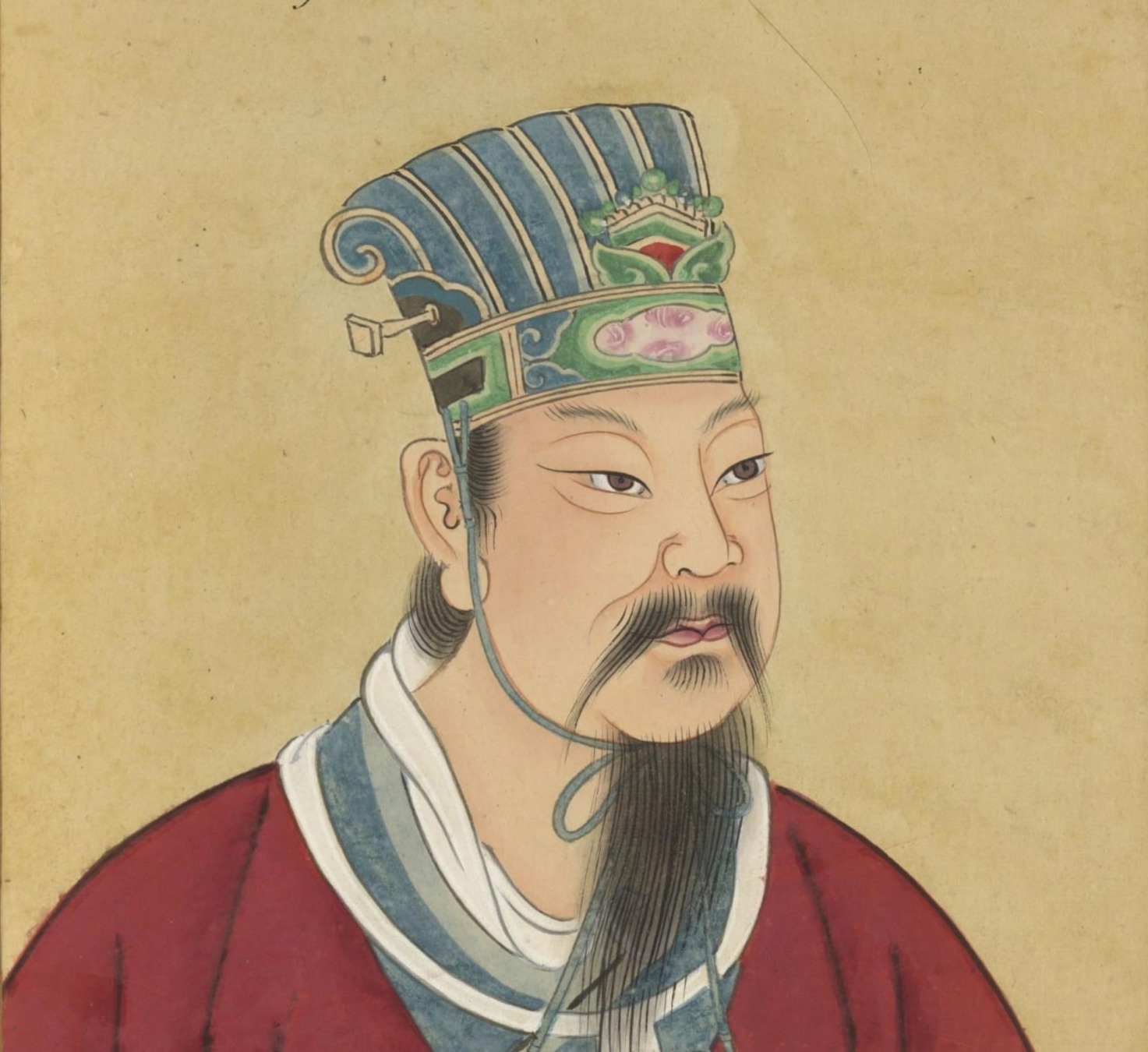
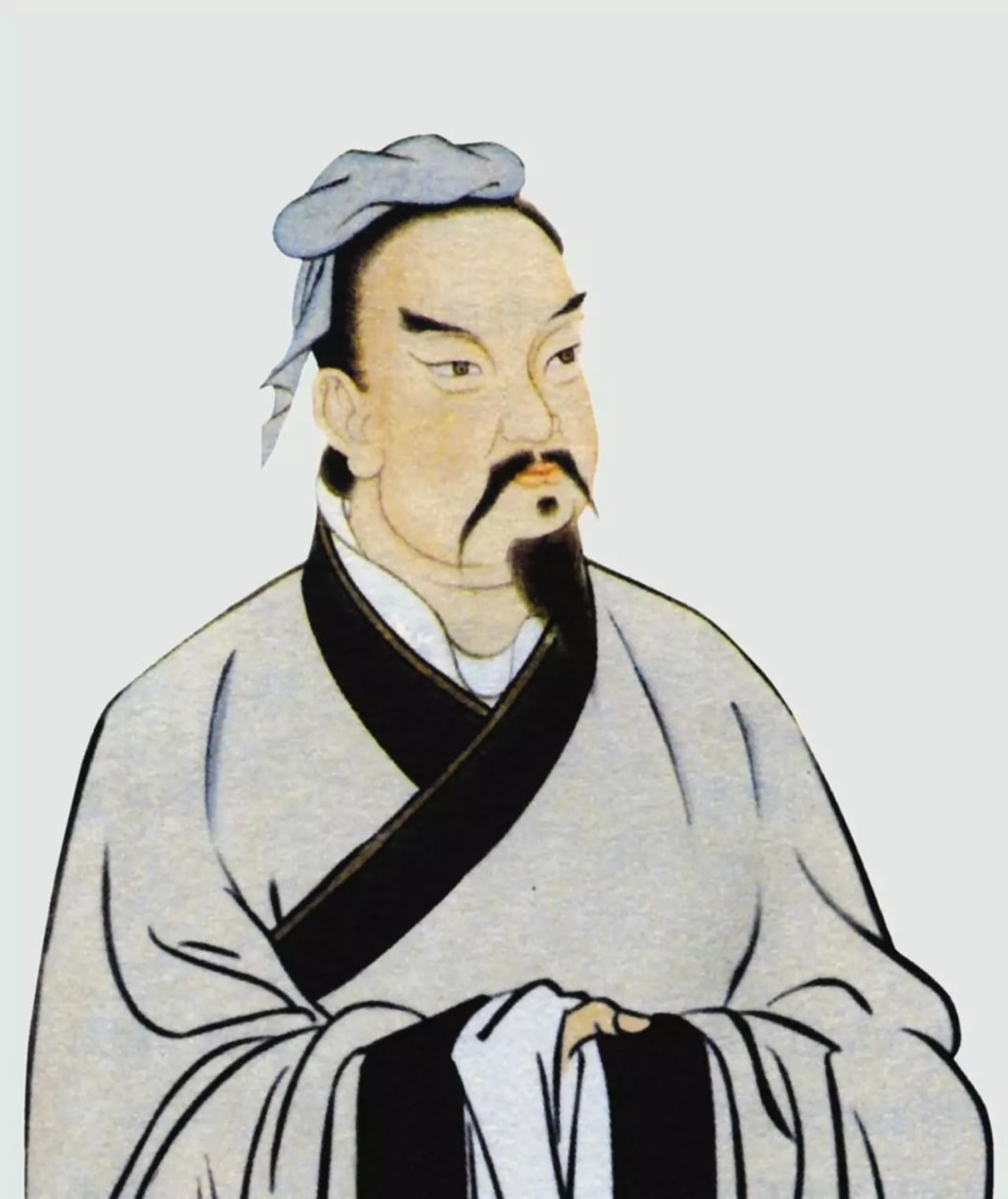
Did you know?
For lovers of Chinese literature, the surname Wu brings to mind the literary giant Wu Cheng’en, a Chinese novelist, poet, and politician during the Ming Dynasty who is most well known for his legendary work Journey to the West (the one with the Monkey King).
The novel is an enchanting retelling of the legendary pilgrimage of the Tang dynasty Buddhist monk Xuanzang, who traveled to the Western continents (then Central Asia and the Indian subcontinent) on a divine quest to obtain Buddhist scriptures. The novel is still largely fictionalized with beloved characters that are larger-than-life – disciples Sun Wukong, Zhu Bajie, and Sha Wujing, together with the Dragon Prince, accompany Tang Sanzang (Xuanzang) on the road to enlightenment and redemption.
Journey to the West holds great literary value; it offers not only a glimpse into the richness of Chinese folk religions and otherworldly mythology, but also fulfills its role as a medium of social commentary and satire for the state of political development at the time of its creation. The novel is also not without its fair share of concealed wit, humor and comical allegories. It also does not retract from offering nuggets of spiritual wisdom when it can — a true work of art born from the mind of a Wu ancestor!
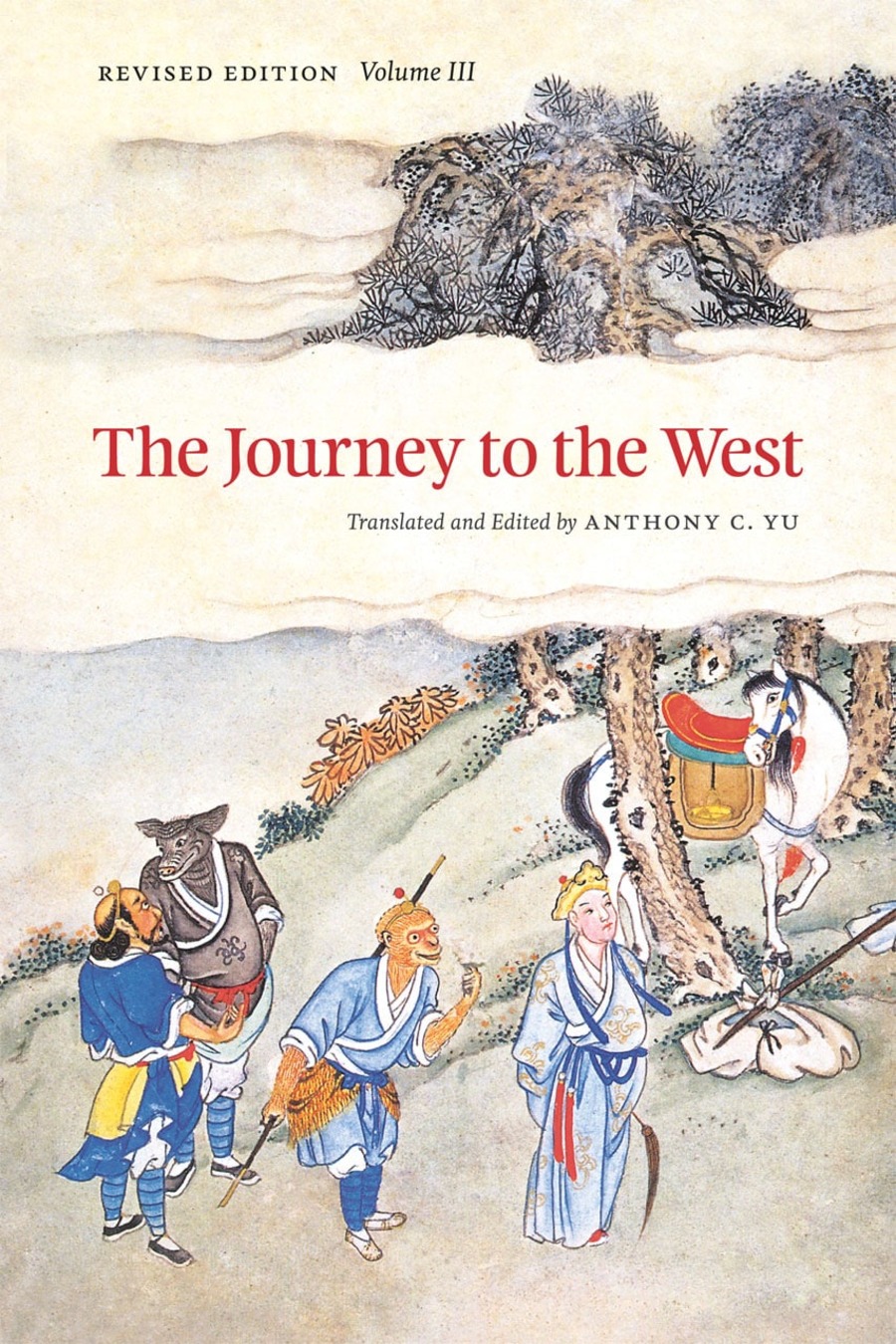
Wu
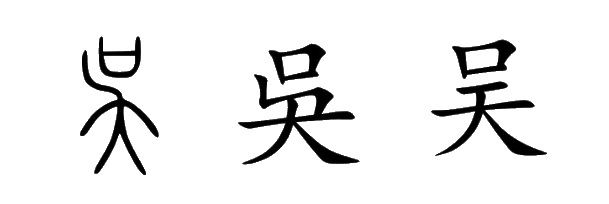
| Meaning | Area comprising southern Jiangsu, northern Zhejiang and Shanghai, name of states in Southern China at different historical periods |
| Symbols | 口 (mouth), 天 (sky, day) |
| Legendary Ancestor | King Tai of Zhou (周太王) |
| Founding Ancestor | Taibo and Zhongyang, the sons of King Tai of Zhou |
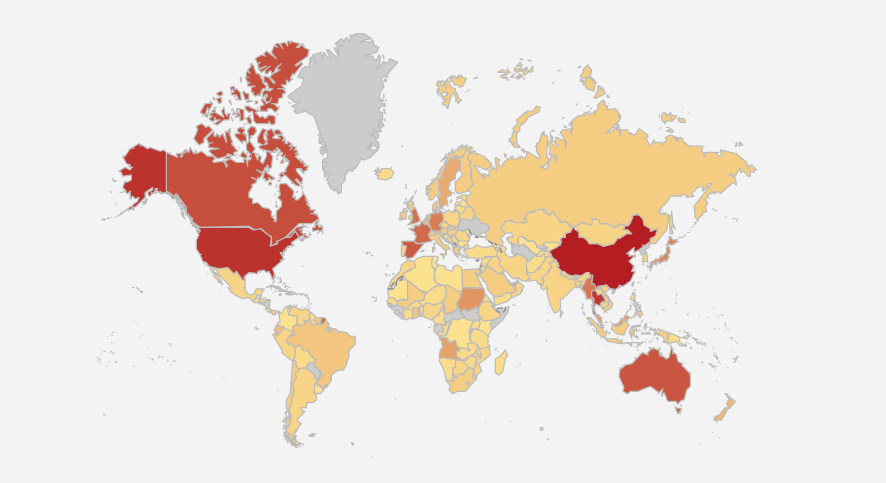
Spelling Variations
By Dialect
| Cantonese | Ng, Goh, Ung |
| Hainanese | Go, Goh, Eng, Ng, Ngo, Ngoo, Woo, Wu |
| Hakka | Ng, Goh, Nge, Ngo, Ngoh, Oh, Woo |
| Hokkien | Go, Goh, Gohn, Goo, Ng |
| Mandarin | Wu |
| Teochew | Go, Goh, Gohn, Goo, Ng |
| Shanghainese | Ng |
By Country
| Taiwan | Wu |
| United States | Gaw, Go, Goh, Gouw, Ngaw, Ngo, Nguy, Ong, Un, Ung, Woo, Wu, Eng, Ing, Ng |
| Indonesia | Gou, Go, Widargo, Gouw, Gono, Prayogo, Govino, Sumargo, Gu, Gossidhy, Wurianto, Gunawan, Gondo, Gotama, Utama, Gozali, Sugondo, Yoga, Gunadi, Bagus, Bagoes, Gomarga, Gunardi, Sudirgo, Sudargo, Margono |
| Hawaii | Afook, Ahpong, Ainna, Foon, Foote, Sing, Woo |
| Jamaica | Ng |
| Malaysia | Ng, Goh, Go, Ngu, Ngo, Moo |
| Peru | Achu, Hun, Wung |
| Macau | Ung, Ng |
| Korea | O, Oh, Ou |
| Singapore | Goh |
| Australia | Ung |
| Vietnam | Ngô |
| Cambodia | Oeng |
Who are famous Wus in modern history?
From film directors,, to artists, film stars and fashion designers: there’s nothing that Wus can’t do. Some of the most prominent Wus in modern history include:
- John Woo: Hong Kong film director, producer and screenwriter. He is best known for his films A Better Tomorrow (1986), The Killer (1989), Hard Boiled (1992) and Red Cliff (2008/2009)
- Wu Guanzhong: Contemporary Chinese painter and a pioneer in modern Chinese painting
- Constance Wu: Asian-American actress who won a Critics’ Choice Award for her role in the sitcom Fresh Off The Boat, and later scored a Golden Globes nomination for her leading role in Crazy Rich Asians
- Melissa Wu: Australian-Chinese diver and Olympic gold medallist who has represented Australia at four Olympic Games and various international competitions
- Jason Wu: Taiwanese-Canadian artist and fashion designer based in New York City who is best known for his self-titled luxury brand
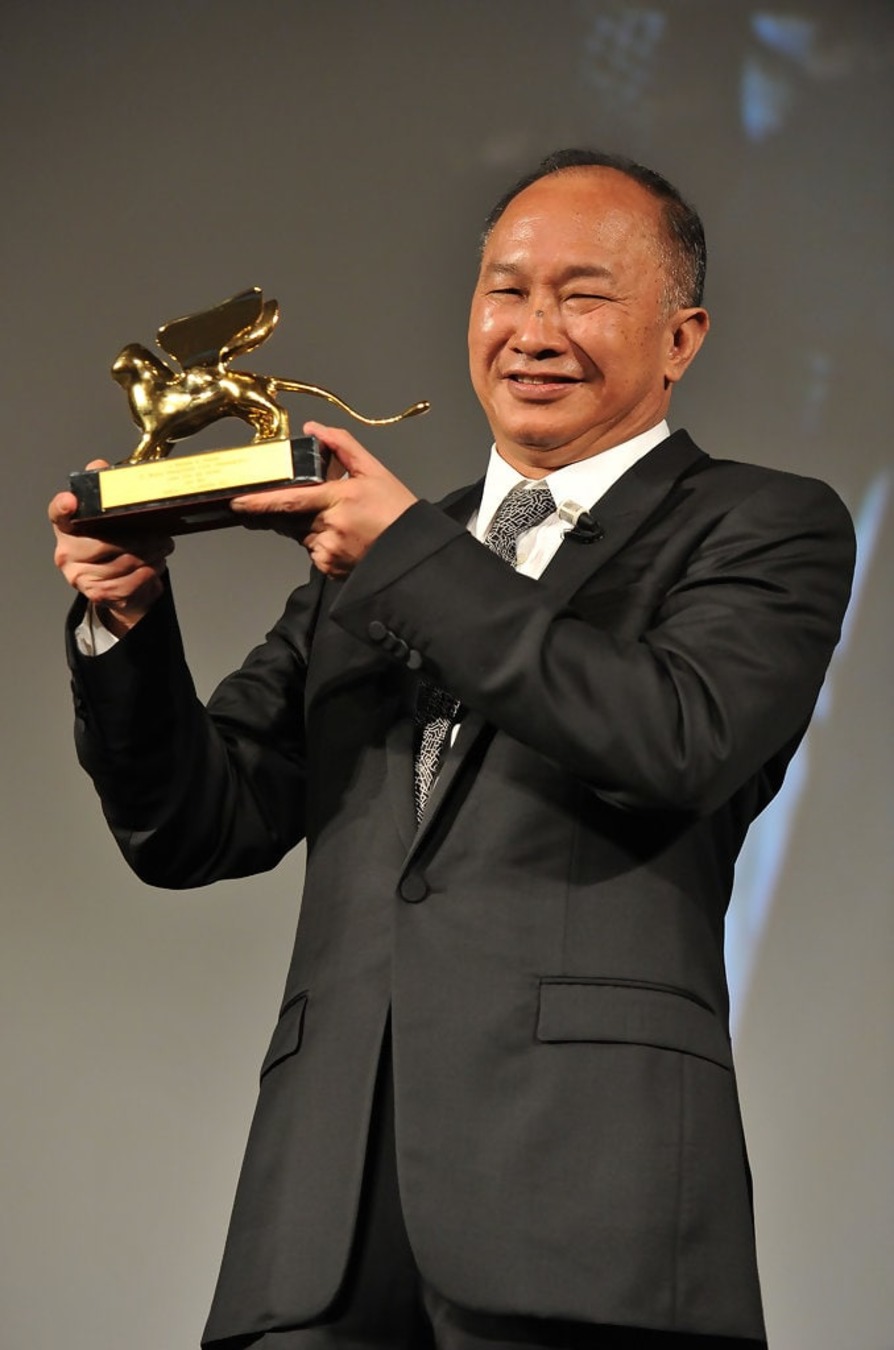
How do Wu families stay connected today?
Wus around the world celebrate their ancestry through global and regional Wu clan associations which organize gatherings, community activities and dinner events on a regular basis. Clan associations had their origins in China but were later reproduced overseas by migrant populations. These Wu clan associations thus play an important role in promoting cohesion and togetherness among overseas Chinese communities.

Are you a Wu? Who were your ancestors?
You can find the stories of your ancestors in a Wu zupu, or family history book. Known as the Holy Grail of Chinese genealogy, a zupu records the names of your ancestors, their values, migration journeys, and more.
What do you know about your family history? Tell us in the comments!
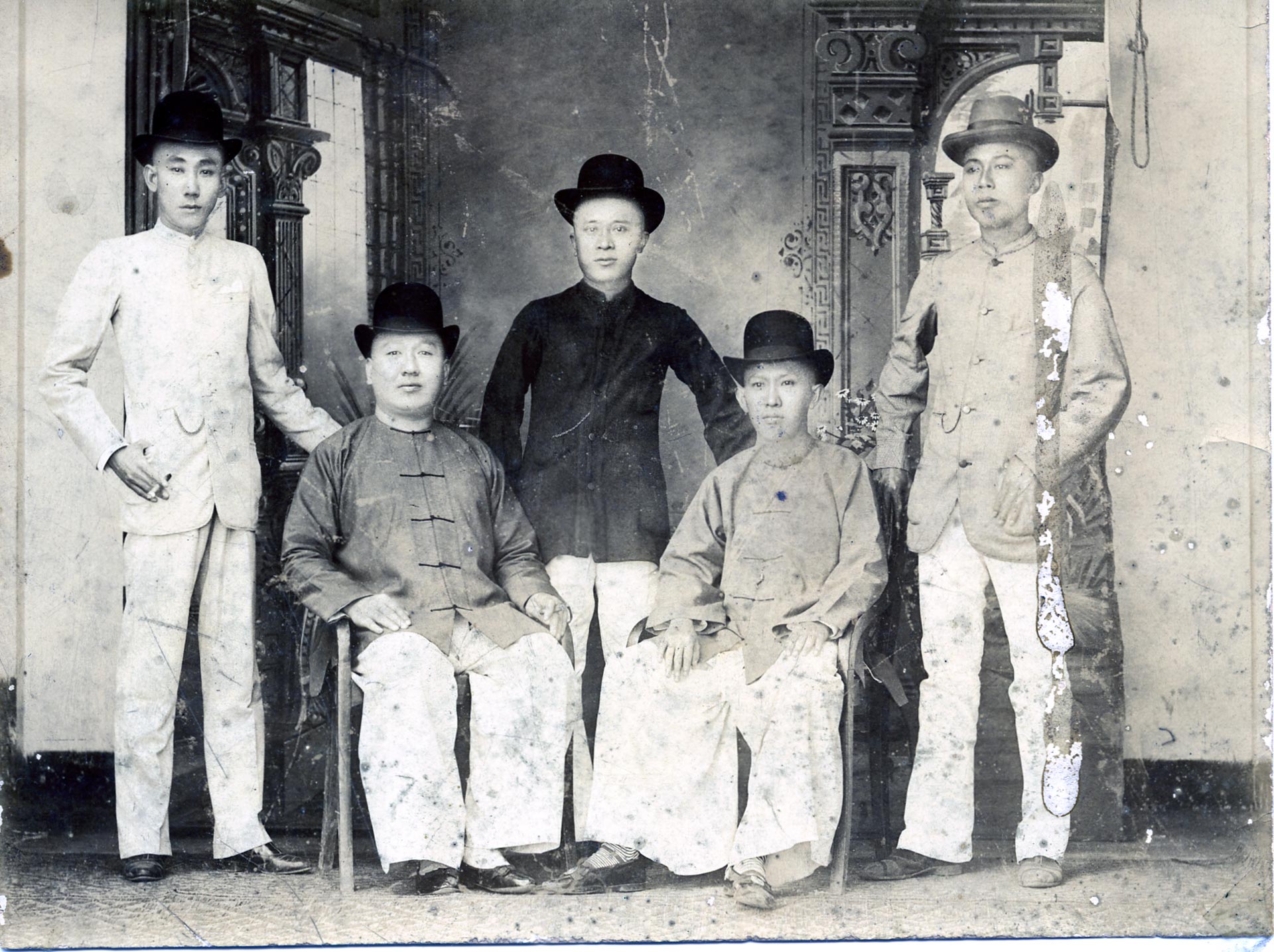
Discover the names and stories of your Chinese ancestors!
If you are interested in uncovering your family history, we would love to be of assistance. Our global team of researchers has helped hundreds of families discover their Chinese roots. Learn more about our services or go ahead and get in touch!
With the global pandemic, My China Roots is offering virtual tours packaged with our research trips to your ancestral village. Check out a demo here!


